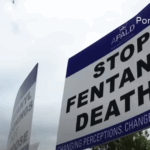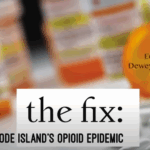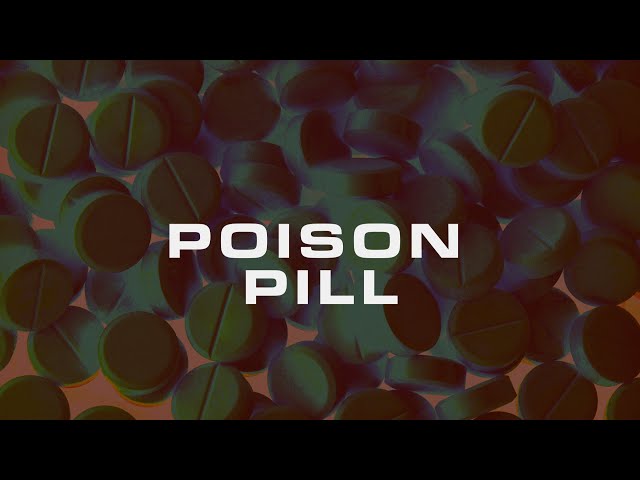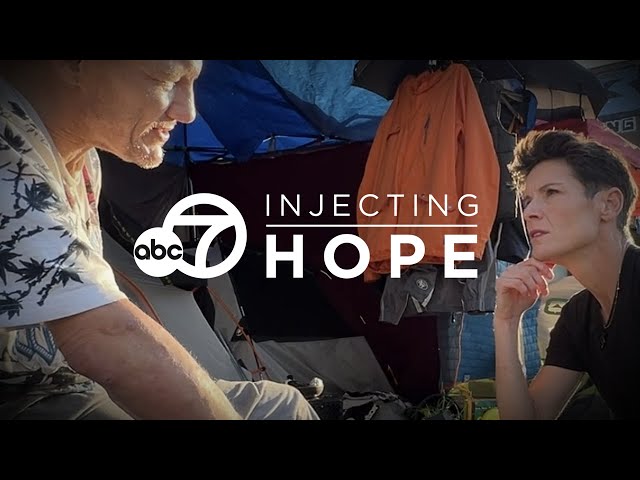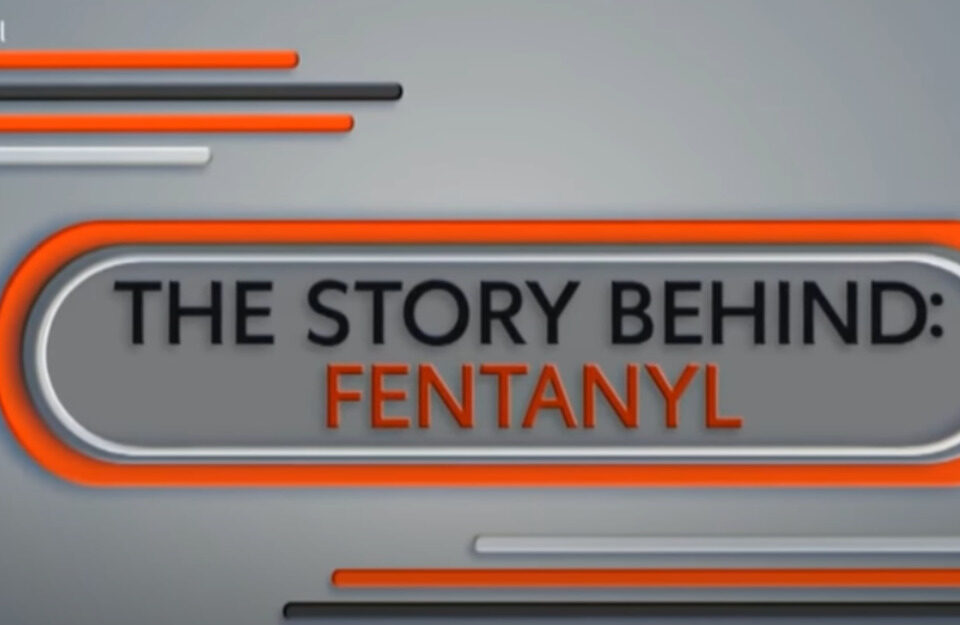Introduction
The FBI and DEA released this documentary in an effort to combat the growing epidemic of prescription opiate and heroin abuse with the hope that it will help educate students and young adults about the dangers of addiction. You’ll hear in-depth stories from several people, some who are in recovery from an opioid addiction and others who have lost a loved one to it. This documentary focuses heavily on the harsh realities behind not only addiction itself, but specifically with the transition from prescription medications to heroin.
You can also watch the follow-up panel discussion.
Watch Now!
After watching the following video, you are welcome to share your experience by providing a review of the resource.
Quotes
Matt: began using marijuana at age 11; became addicted to opiates at age 15.
Sarah: began using marijuana as a teenager; became addicted to opiates after being prescribed oxycodone.
Trish: mother of Cierra, an A/B honor roll student who became addicted to opiates while in high school.
Katrina: became addicted to opiates after self-medicating with alcohol and pain pills.
Julia: began using marijuana at age 11; overdosed on oxycodone four times.
Cory: began drug use with marijuana; addicted to opiates by age 17.
Melissa: began using marijuana at age 13; has 8 drug-related arrests.
“Being addicted to opiates is like chasing a dragon – you’re constantly seeking that first high. But what’s gonna happen if you actually catch it?”
“Approximately 1-in-5 high school seniors report misusing prescription drugs at least once in their lifetime.”
“A 2014 national survey found an estimated 1.4 million people in the U.S. abused a prescription pain killer for the first time that year.”
“I ask them of all the drugs they’ve ever tried, what’s the most addictive drug? And without a doubt, 100% of the time, they’ll say, ‘The most addictive drug is oxycodone.’”
“The drugs took my mind over and made me do things that I was, you know, normally brought up not to do, and it just turned me into a monster.”
“Nobody sets out thinking that they’re going to be a needle user, but every one of those needle users will tell you that they couldn’t get the high anymore doing it the way they were doing.”
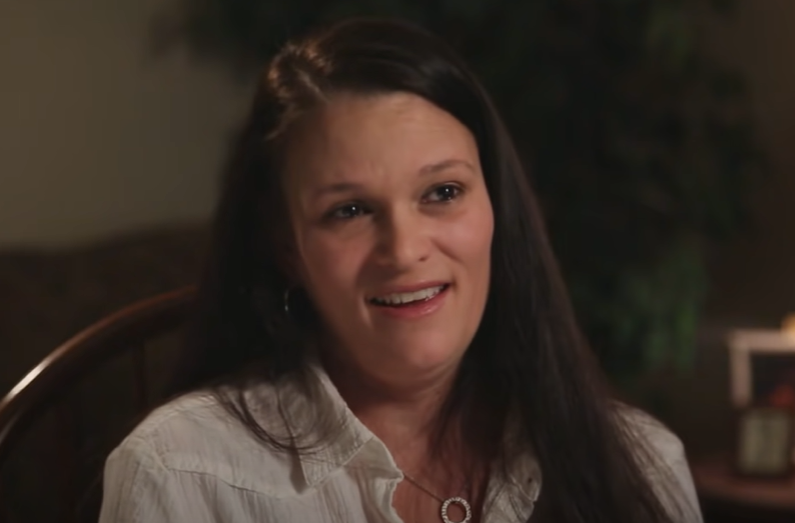
“I am very angry, and one of the things I’m most angry about – and I tell her all the time – is that that drug was so much more important to you than me. And I’m the one that can help you. I’m the one that helps you. I’m the one that supports you. I’m the one that will always be there for you. You need something, I’m gonna be the one to take care of it for you. But something that literally destroyed everything good within you was so much more appealing, wanted that so much more than anything I could offer her, and I’m angry. I am angry about that.”
TRISH
“The progression of addiction and the behavior that comes with it is pretty standard, regardless of where you’re born, how much money you have, how old you are, what your race is, what your nationality is. You can be the smartest person in the world. The minute that chemical hits your bloodstream, you lose control of what it does in your body. You can’t control it. Nobody can control it. I don’t care who you are. It’s not controllable.”
“Every generation seems to have their drug of choice. Unfortunately, this generation seems to have found prescription opiates as that drug of choice, and even more unfortunately, the consequences of those drugs are far more devastating than anything else we’ve seen in the past. Chemically and physiologically speaking, there’s very little difference between oxycodone, morphine, and heroin. It’s just that one comes in a prescription bottle and another one comes in a plastic bag.”
“You can’t move. You constantly sneeze. Your fucking whole body fucking aches. It fucking hurts. Fucking people are crapping on themselves. People are puking on themselves. People are doing both at the same time. You would probably rather be dead than have to actually go through a withdrawal. It was horrific.“
“I love my children more than anything in the world. I will walk through fire for them. And I know a lot of parents feel that way, but you can’t feel that way. You have to understand what you’re dealing with is not your child. I put my own child in jail to stop her from this. And that’s not an easy decision to make. It’s not a fun decision. Nobody wants to know that their — you know, their little girl is sitting in jail, but she was seven months clean, eating healthy, getting her rest, no drugs.”
“It is much stronger than you, and it will win. It will win because this doesn’t just affect you. It affects everybody in your family for the rest of their lives. That we’re the ones stuck here missing you, and there’s help out there. You got to take it. Don’t think you can do it alone, ’cause you can’t. And your parents aren’t the enemy. They just want the best for you.”
Continue Learning
Please view the following additional resources to continue learning about some of the topics discussed in this resource. If you have any suggestions, concerns or general comments, feel free to contact me as well!

